世纪新能源网讯,美国当地时间12月15日,世界著名多晶硅企业Hemlock在美国发表声明,公开谴责SolarWorld以及其余6名光伏企业,Hemlock称美国政府对与中国光伏产业的“双反”立案调查,是完全没有事实根据的。并且伤害了美国其他光伏企业和全球光伏市场。太阳能电池板的降价是因为硅材料成本的下跌和技术上的提升,并非中国企业倾销和补贴,事实上中国企业在降低太阳能发电成本上做出了卓越的贡献。Hemlock表示,我们希望美国政府以公开、公正的态度处理双反结论,让美国消费者享受更实惠的太阳能电力。
Striking Balance: How the Solar Industry Benefits From the U.S. & China
Robert D. Hansen, president and CEO, Dow Corning Corporation
Stephanie A. Burns, chairman, Dow Corning Corporation
Andy Tometich, president, Hemlock Semiconductor Group
The trade case brought against Chinese solar manufacturers by U.S. solar-panel producer SolarWorld and six other domestic equipment makers could undermine the solar industry’s significant progress at the very moment it is poised for success.
With a largely jobless recovery here at home and a Chinese economy that is “cooling down,” a trade war over solar module production threatens both nations’ economies and the global viability of the solar industry overall.
Currently, the U.S. Department of Commerce is investigating whether or not it should impose preliminary tariffs in the case – this is occurring against the backdrop of a growing chorus of political rhetoric. Meanwhile, China’s Commerce Ministry is not standing idle—they are gearing up for action. It appears they are serious about initiating their own measures in anticipation of the U.S. advocating for trade remedies to be put in place.
At a time of economic dislocation and discontent, it is tempting to politicize trade disputes. But no nation or industry “wins” when these disputes escalate—and the unintended consequences of such an escalation will most likely outweigh the larger, negative impact on this important relationship with our largest trading partner.
The pending case raises concerns, but resolving this issue through an adversarial confrontation will impede both countries’ abilities to benefit from a growing solar market both in the U.S. and abroad. Such benefits are only possible through lower prices catalyzed by healthy competition between global manufacturers. Countries around the world realize the economic contributions the solar industry can provide, and are supporting new technologies and markets. This is not news. But to be clear: Competition and incentives need to be fair for all industry players.
Our companies, Dow Corning Corporation and Hemlock Semiconductor Group are among the world’s leading suppliers of polysilicon and other key solar materials that power solar innovation. Together, our common goal is to contribute to and support a thriving solar industry. Our recent U.S. investments of more than $5 billion back up that statement. We are expanding research, development and manufacturing capacity for materials such as polysilicon to help meet growing global demand. Our investments have made positive contributions toward getting the economy back on track – creating thousands of high paying jobs in economically hard-hit states like Michigan and Tennessee.
Further, our business analyses indicate that now is the time for America’s solar industry to take off. The amount of new solar wattage installed in the U.S. has been growing more than 70 percent per year since 2008. Last year alone, the solar industry created approximately 100,000 jobs, an increase of nearly 7 percent.
As the solar industry continues to mature, the steep decline in solar panel prices have made solar energy affordable, delivering significant benefits for consumers while encouraging the development of large-scale photovoltaic projects. These installations, from residential rooftops to utility-scale solar farms are helping the economy and the environment.
Continued investments made by domestic and foreign solar companies will allow solar to play an increasingly pivotal role in our country’s energy mix. And, as the solar industry continues to grow and achieve economies of scale, it will further drive job creation in communities around the country, up and down the value chain from manufacturing to installation.
The world wants and needs growing, sustainable and environmentally beneficial sources of energy. To that end, a growing U.S. solar market is good business for everyone – for our companies and dozens of other domestic manufacturers; for distributors, developers, and installers; and for households, small businesses and other enterprises.
In a down economy, the numbers help tell the tale: A recent Forbes story notes that the U.S. was a $5.6 billion gross exporter in solar-related products in 2010 – exporting $1.9 billion more than it imported – including net exports of approximately $400 million to China.
The solar industry is ready for its moment in the sun: Here at home, we hope fairness prevails so that the investigatory process proceeds without acrimony, political overzealousness or protectionism; at stake are U.S. jobs, U.S. exports, and U.S. consumer benefits for a strategically important U.S industry.
About Dow Corning
Dow Corning provides performance-enhancing solutions to serve the diverse needs of more than 25,000 customers worldwide. A global leader in silicones, silicon-based technology and innovation, Dow Corning offers more than 7,000 products and services via the company’s Dow Corning® and XIAMETER® brands. Dow Corning is equally owned by The Dow Chemical Company and Corning, Incorporated. More than half of Dow Corning’s annual sales are outside the United States. Dow Corning’s global operations adhere to the American Chemistry Council’s Responsible Care® initiative, a stringent set of standards designed to advance the safe and secure management of chemical products and processes.
About Hemlock Semiconductor Group
Hemlock Semiconductor Group ( hscpoly.com) consists of several joint venture companies owned by Dow Corning Corporation, Shin-Etsu Handotai and Mitsubishi Materials Corporation. Hemlock Semiconductor is a leading provider of polycrystalline silicon and other silicon-based products used in the manufacturing of semiconductor devices and solar cells and modules. Hemlock Semiconductor began its operations in 1961.
 微信客服
微信客服 微信公众号
微信公众号

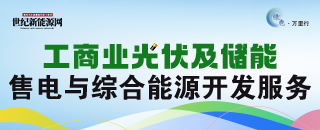
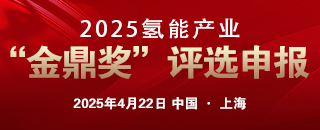
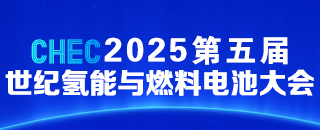
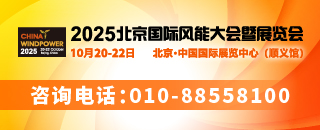
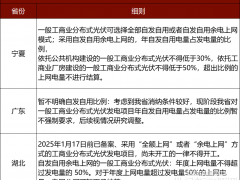
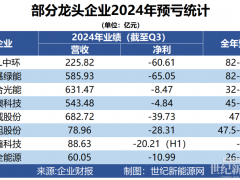
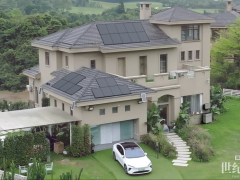

0 条